Established in 2016 through a dynamic partnership between Guimaras State College (now Guimaras State University) and the Department of Science and Technology Region VI (DOST 6), the Western Visayas Food Innovation Center (WVFIC) stands as a beacon of progress for the region's food processing industry. Located at the GSU-Mosqueda Campus, the center is a comprehensive one-stop-shop designed to address the diverse technology-related needs of Micro, Small, and Medium Enterprises (MSMEs), faculty researchers, and students across Western Visayas. From process and product development to technology training, consultancy services, laboratory testing, packaging assistance, and information resources, WVFIC is committed to promote innovation and enhance the competitiveness of the local food sector.

Guimaras State University, the proud host of WVFIC, has a rich history rooted in the establishment of Buenavista Vocational School in 1964. Its evolution culminated in achieving State University status in 2022, solidifying its commitment to regional development. The GSU-Mosqueda Campus, with its strategic location near MSMEs and its Food Technology program, was a natural choice for hosting the Food Innovation Center. The university's leadership proactively embraced this opportunity, recognizing its potential to drive economic growth and technological advancement in the region.
Operating since July 26, 2016, WVFIC was established to provide access to locally developed food processing equipment and expertise. The core mission of the center is to be a leading hub for innovations and technical support services, effectively "transforming concepts into products" for the food industry in Western Visayas. This vision is underpinned by several key objectives:
WVFIC offers a wide array of services designed to support every stage of food product development and commercialization:
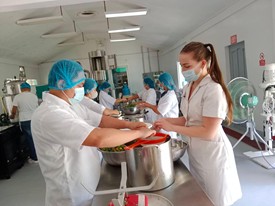
● Research and Development - The center provides a platform for researchers to develop new products, product variations, and innovative process technologies, utilizing modern food processing equipment. Professionals and non-members can also engage in contract research.

● Laboratory and Testing - Through collaboration with DOST VI Regional Standards and Testing Laboratory (RSTL) and other regional RSTLs, WVFIC facilitates chemical and microbiological testing, including nutritional analysis. Packaging testing services are coordinated with the Philippine Center for Packaging Engineering and Technology (PC-PET) of Central Philippine University
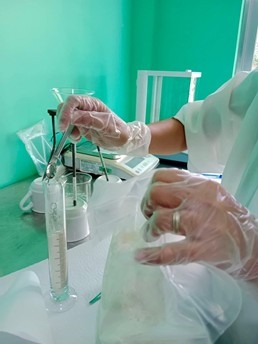

● Training and Consultancy - Technical experts from DOST-RDIs, State Universities and Colleges (SUCs), and WVFIC's in-house personnel offer training and consultancy in areas such as food product development, process improvement, food safety and quality control, sensory evaluation, and food packaging.
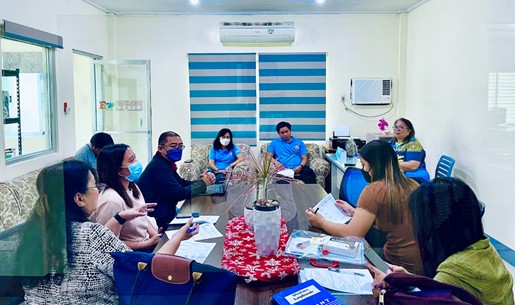
● Information Resource Center - WVFIC maintains a comprehensive collection of information databases, a product library, and a repository of mature technologies, including lists of available technologies, market and regulatory standards, and labeling requirements.
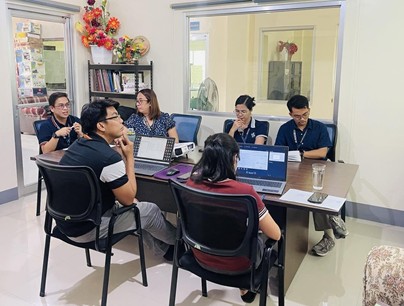
● Packaging and Labeling - Businesses can receive assistance in designing and selecting compatible packaging materials to enhance product marketability and shelf life. This includes label design compliant with regulations. A Packaging Center with necessary equipment will further boost R&D capabilities, while satellite packaging toll services are available through the DOST-TSKI Design and Packaging Center.
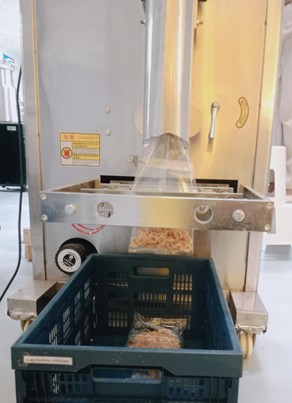
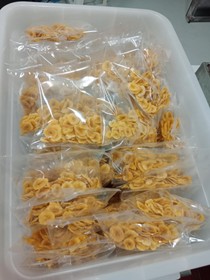
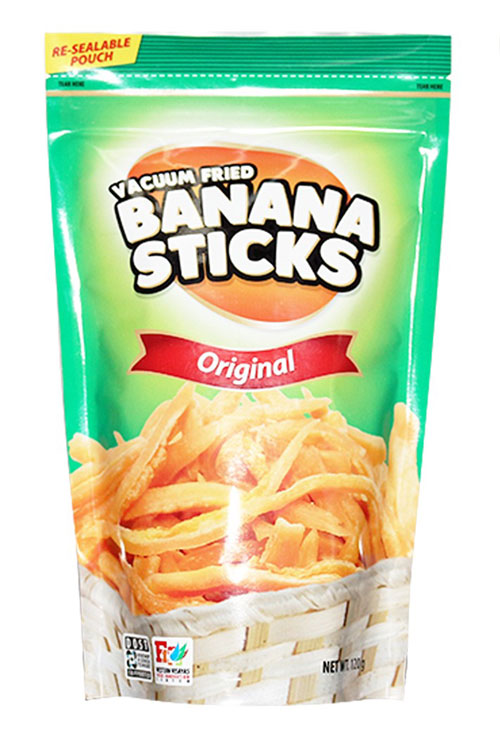
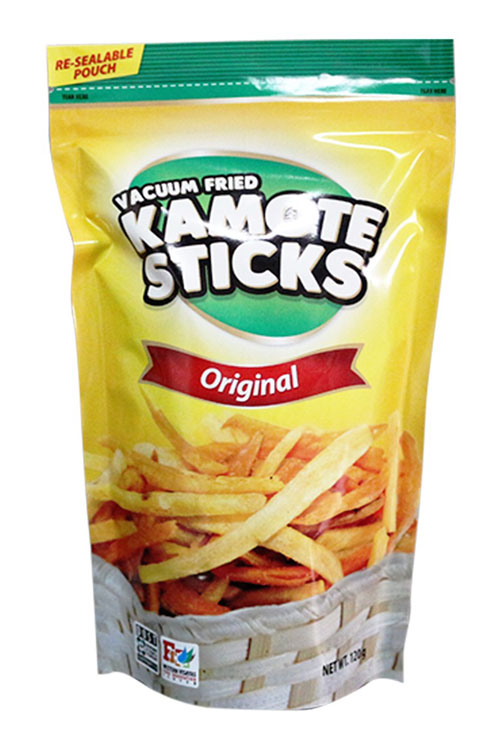
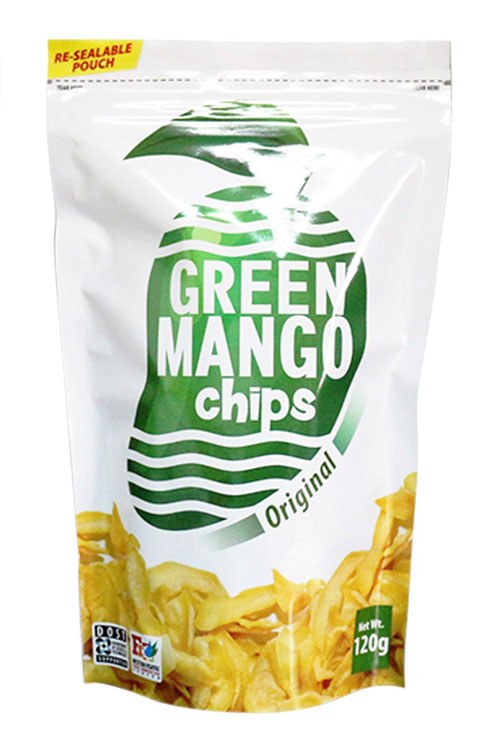
The success of the GSU-Western Visayas Food Innovation Center is driven by the dedication and expertise of its personnel and collaborating experts. The center boasts a team of in-house technical staff with established competence in various aspects of food processing, ensuring clients receive high-quality support and guidance.
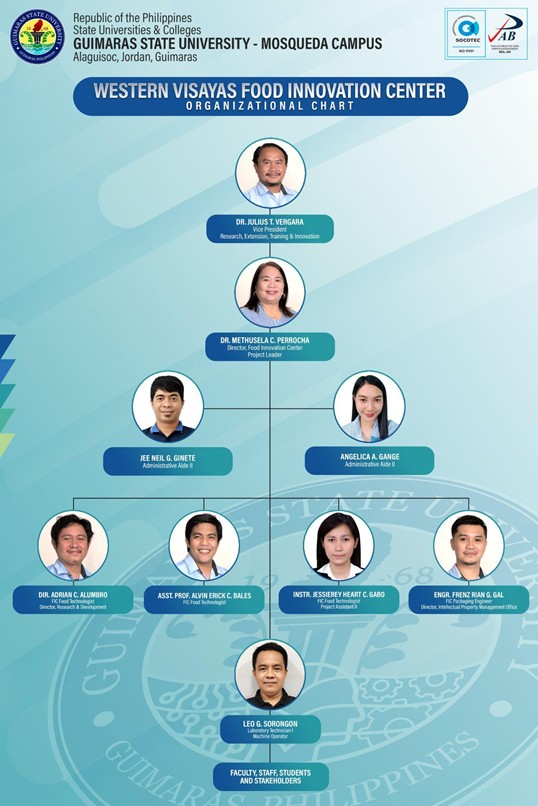
Through its research and development activities, WVFIC has successfully developed numerous food prototypes, including vacuum-fried green mango chips, banana chips, and kamote sticks, as well as sprayed dried food products. Demonstrating its commitment to tangible impact, WVFIC has recently ventured into commercialization. In partnership with DOST-PCIERRD, a toll manufacturing facility is being established to produce commercially three matured technologies: vacuum-fried green mango chips, vacuum-fried banana chips, and vacuum-fried kamote sticks. This initiative, under the DOST SMART Food Value Chain Program, involves a collaboration with the MSME partner, Keitzsteinhorn Food Production, which will be responsible for marketing these innovative products. During the 2023 Manggahan Festival and GSU University Week, Keitzsteinhorn Food Production already utilized the vacuum fryer housed at WVFIC to produce and sell these products, demonstrating the immediate impact of the center's support.
WVFIC has undertaken several significant projects since its inception, each contributing to the growth and capability of the center and the region's food industry:
These projects have resulted and continue to result in an impressive list of product prototypes. Between September 2015 and December 31, 2021, the center developed numerous prototypes showcasing the diverse capabilities of its equipment, including vacuum fryers, spray dryers, freeze dryers, and water retorts. Notable examples include various flavored vacuum-fried sweet potato, banana, and cassava sticks, green mango and other fruit chips, calamansi and roselle powder, freeze-dried fruits and vegetables, and ready-to-drink beverages. Ongoing efforts in subsequent years, including the upgrading of vacuum-fried production and the establishment of a food analytical laboratory, are expected to further expand the range of product innovations.
WVFIC's achievements are underpinned by strong collaborations and partnerships. The initial partnership with DOST 6 was crucial for its establishment. The ongoing collaboration with DOST-PCIERRD for the toll manufacturing project, involving a significant investment and national-level support, further highlights the center's importance. The partnership with Keitzsteinhorn Food Production exemplifies how WVFIC bridges the gap between research and industry application, facilitating technology transfer and commercialization. Furthermore, WVFIC actively engages with other stakeholders, including the Department of Trade and Industry (DTI) and the Provincial Office for Agricultural Services (POAS), to promote a supportive ecosystem for the food industry. Focus Group Discussions (FGDs) have been conducted with these stakeholders to analyze the value and supply chain of key commodities like sweet potato, green mango, and saba banana, ensuring a sustainable approach to development.

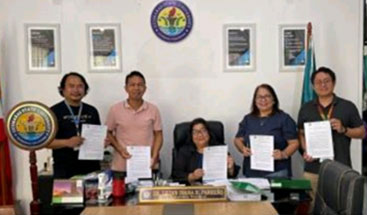
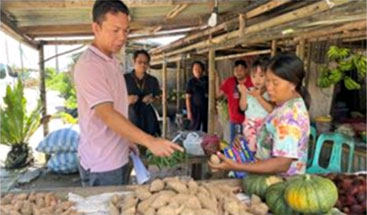
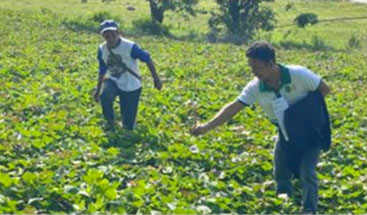
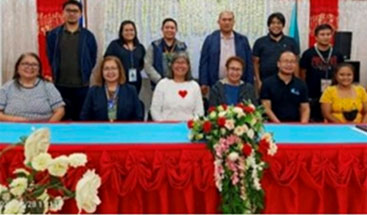
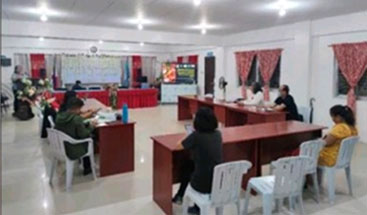
The technical expertise of WVFIC's personnel and collaborating experts is vital to its success. Training programs, such as the "Seminar-Orientation on Food Safety, GMP & Food Defense" and "Training on the Operations of Vacuum Fryer" conducted for Kitzsteinhorn Food Production, demonstrate the center's commitment to building the capacity of local businesses. The technologies developed by DOST-ITDI and DOST-MIRDC are transferred to MSMEs through a structured process involving training, consultancy, and access to the center's facilities. The establishment of the toll manufacturing facility further streamlines this process, allowing MSMEs to leverage matured technologies for commercial production.
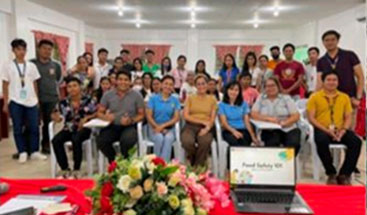
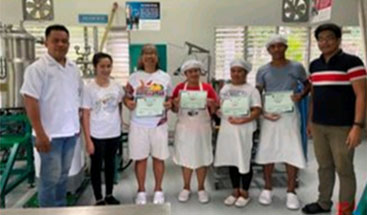
The GSU-Western Visayas Food Innovation Center plays a crucial role in contributing to the economic and social development of the Western Visayas region. Through providing MSMEs with access to technology, training, and research support, WVFIC empowers them to innovate, improve their products, and expand their market reach. This ultimately leads to job creation, increased income for local communities, and enhanced competitiveness of the region's agricultural and fisheries sectors. The focus on value chain analysis and sustainable supply chain management further ensures long-term benefits for the local economy.
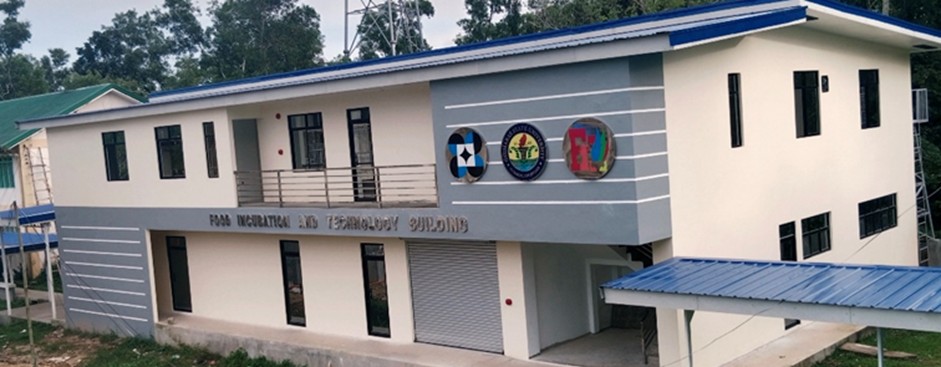
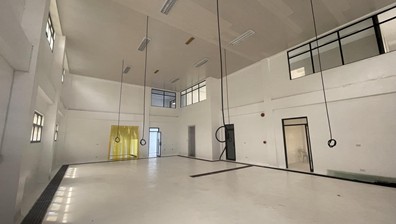
The GSU-Western Visayas Food Innovation Center is set to significantly increase its impact on Guimaras and the wider Western Visayas food industry with the ongoing construction of its toll processing facility. This progress is further strengthened by a substantial partnership with the Department of Science and Technology Region VI (DOST VI), formalized through a Memorandum of Agreement. This agreement will facilitate the establishment of a modern Food Analytical Laboratory within the WVFIC, a vital development supported by a DOST VI grant of Php 4,495,568.00. This new laboratory, a key project for Guimaras State University over the next two years, will greatly improve the FIC's ability to support its toll manufacturing and research and development activities. The laboratory will ensure product quality and safety by providing essential analytical services, further empowering local MSMEs. WVFIC is not only turning ideas into products but also promoting entrepreneurship and promoting lasting economic growth in Western Visayas by connecting innovation with practical application. The initial ownership of the laboratory equipment by DOST VI, with the possibility of future transfer to GSU, highlights the collaborative nature of this effort. This important investment will raise the standards of the region's food processing sector and reinforce WVFIC's position as a leading center for food innovation.
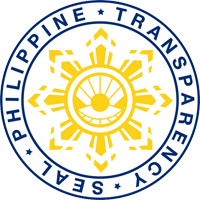
A pearl buried inside a tightly-shut shell is practically worthless. Government information is a pearl, meant to be shared with the public in order to maximize its inherent value.

A Philippine Government that is clean, just, highly efficient, technology-enabled and people-centered which enables a high-trust society with a globally competitive service and business environment.